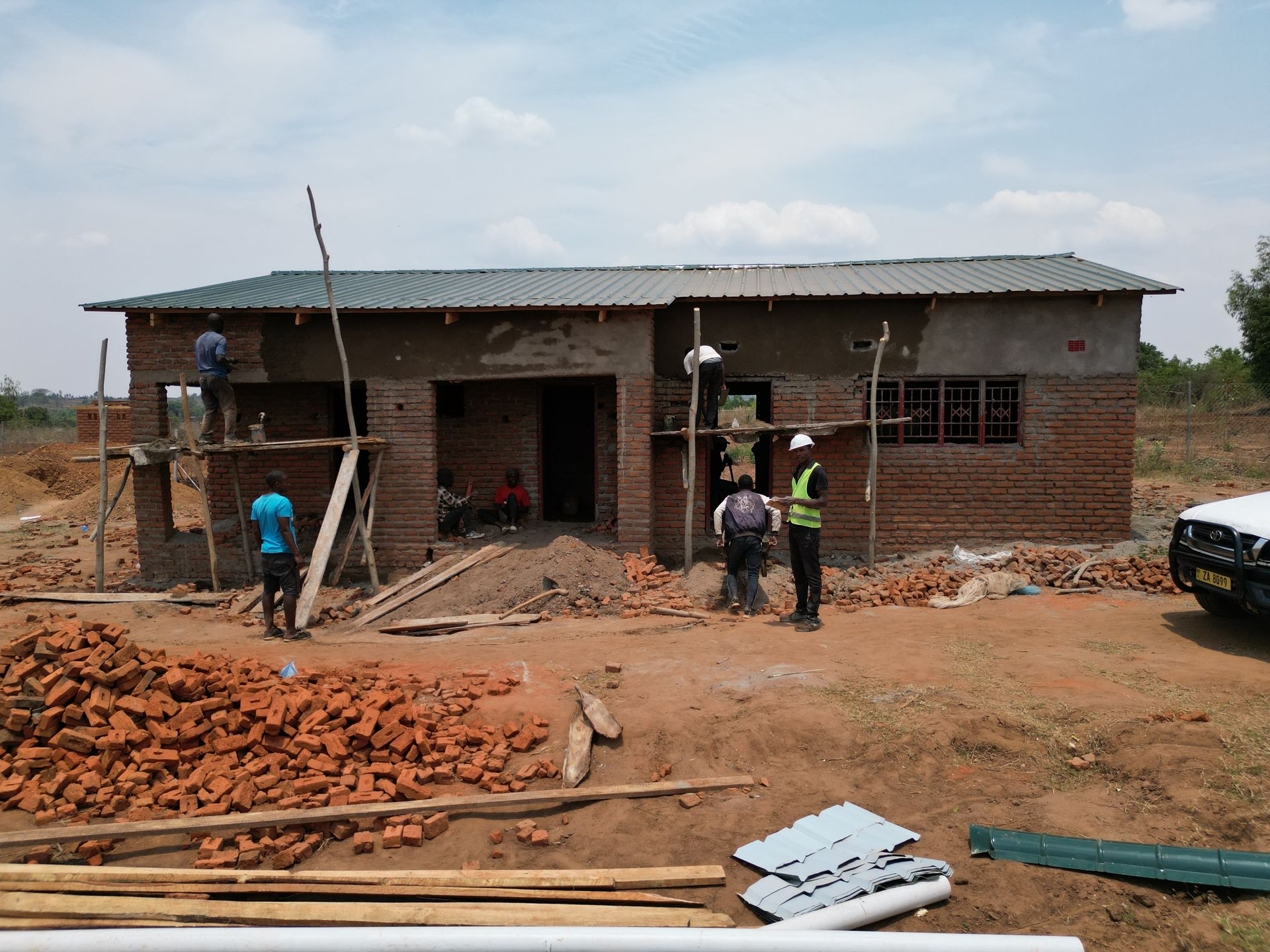Beyond Aid: Building a Self-Reliant Malawi in the Wake of USAID’s Exit
For years, Malawi has relied heavily on external aid and a single commodity, tobacco, to sustain its economy. This dependence has left the country vulnerable to the fluctuations of global markets and external shocks. Now, with USAID withdrawing its support, the urgency for economic diversification and self-sufficiency has never been greater.
A Nation at a Crossroads
USAID has long been a key partner in supporting Malawi’s healthcare, education, agriculture and economic development. Its departure creates a significant gap, not just in funding, but in the infrastructure and systems it helped support. The impact goes beyond numbers; it is a wake-up call.
Yet, the truth is that Malawi has the potential to thrive beyond aid. We are blessed with fertile land, a young and energetic population, and a growing spirit of entrepreneurship. The challenge lies in how we harness these strengths to shape a future built on our own capabilities, not external dependency.

The Ripple Effect on Other Organisations
Even those organisations that did not directly rely on USAID will feel the impact. The space left behind will lead to increased demand for services, with NGOs and local groups needing to stretch further to meet growing needs in health, education and social support.
Operational strategies will need to shift, focusing on doing more with less and ensuring long-term sustainability. As competition for alternative funding sources increases, organisations must adapt their fundraising approaches, becoming more innovative and resilient.
Most importantly, there must be a renewed focus on local solutions. Dependency is no longer an option. The path forward lies in strengthening local systems, building skills, and cultivating self-reliance at every level.
Investing in Malawi’s Future
This is the moment for Malawi to take ownership of its development. Diversifying the economy by investing in agriculture, technology, tourism and manufacturing will lay a stronger, more stable foundation for future growth. We must begin to look inward for solutions, relying on our own people, ideas and resources.
At The Sparkle Foundation, we believe that real sustainability starts with people. That is why we are deeply committed to developing and empowering the youth of Malawi. By providing access to skills training and practical opportunities, we aim to help young people build not just a livelihood, but a mindset of independence and confidence. With the right support, they can earn, grow and contribute meaningfully to their communities.
We are investing in future leaders, entrepreneurs and change-makers who will help shape a Malawi that thrives on its own terms.
This Is Our Challenge, and Our Opportunity
The time to act is now. It is not just about coping with the loss of aid, but about proving that we can succeed without it. We must choose to invest in our own potential, unlocking the creativity and determination that already exists within our communities.
Let us rise to this moment and work together to build a Malawi that is self-reliant, economically secure and full of opportunity for generations to come.








